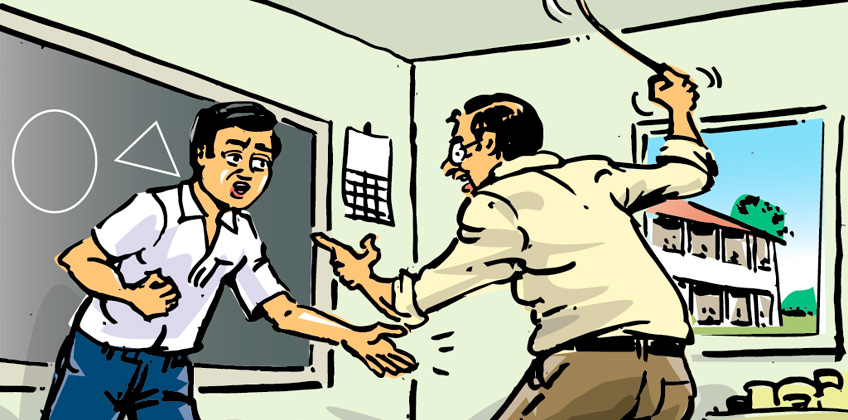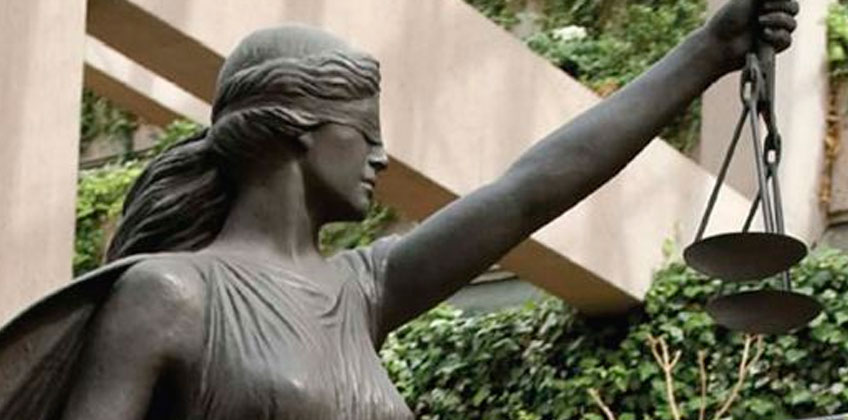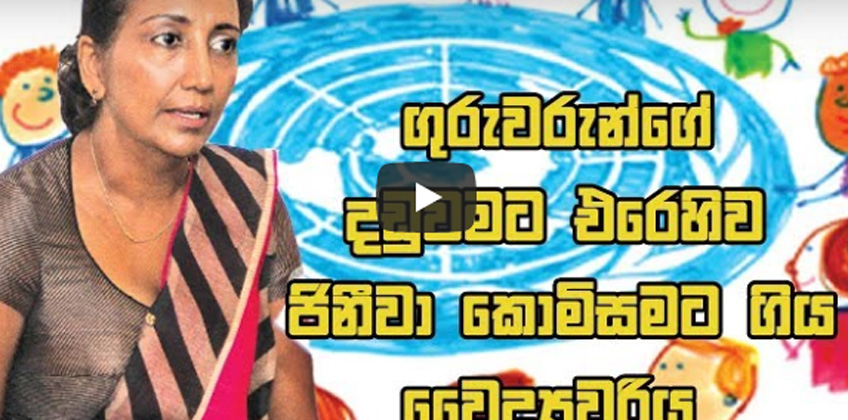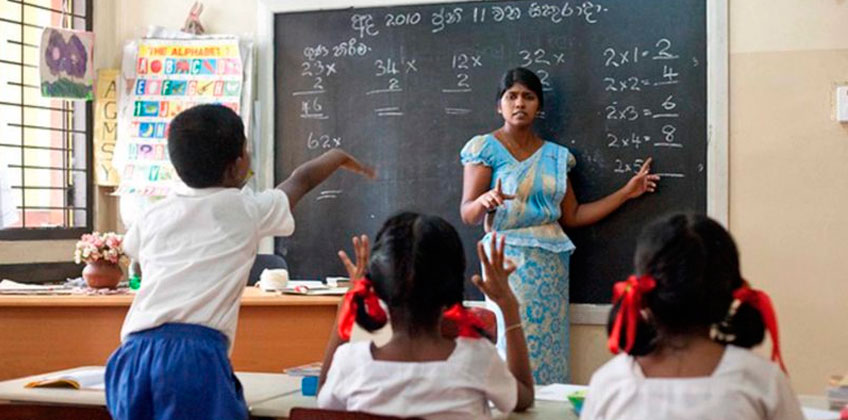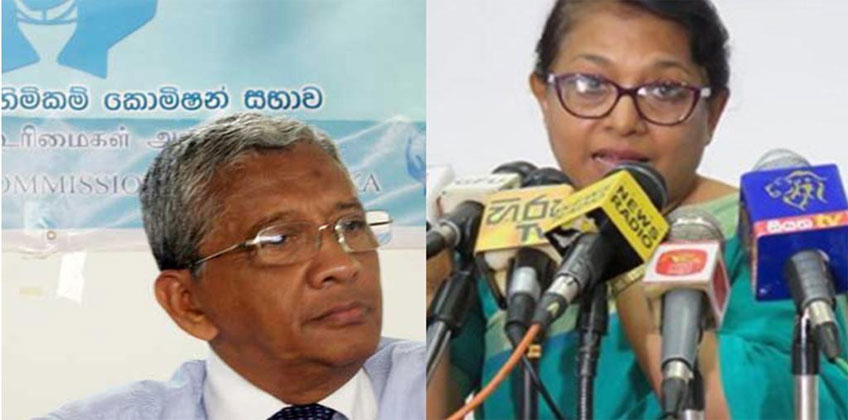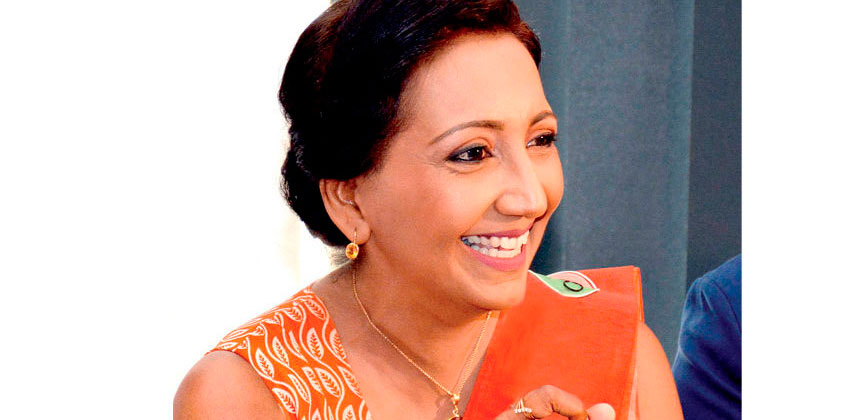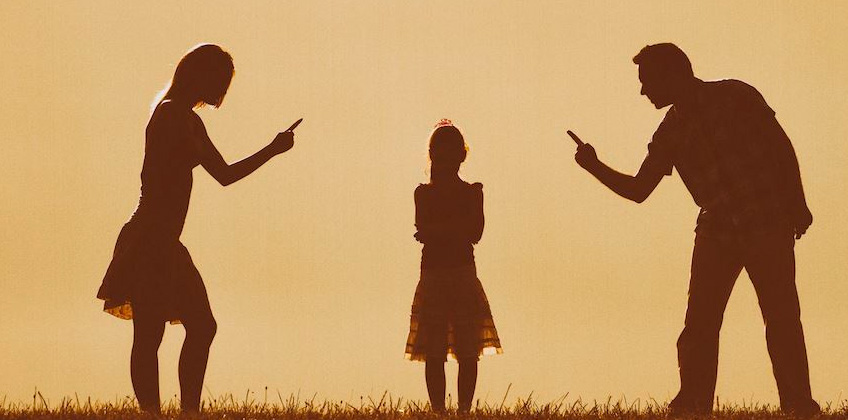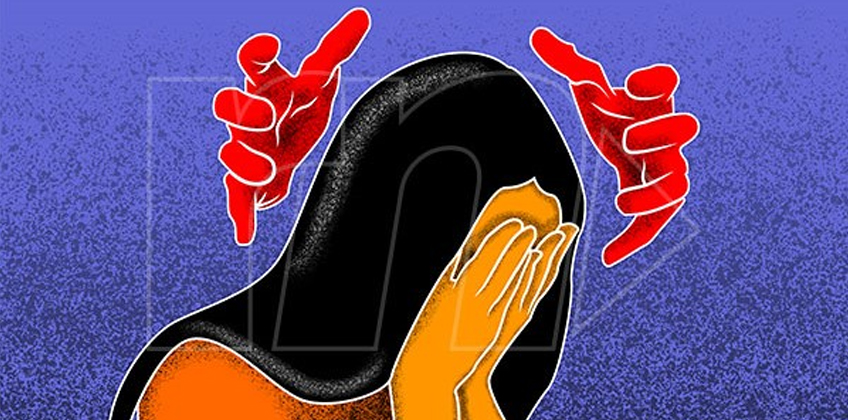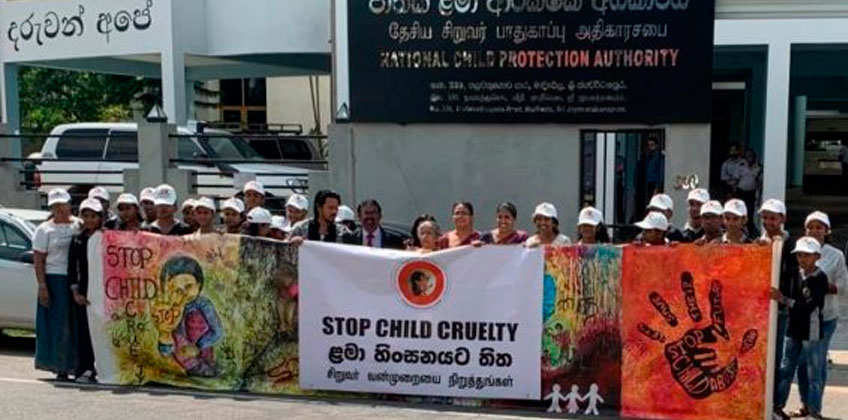
‘Stop Child Cruelty,’ a civil society organization committed to the protection of children’ rights today (06) engaged in a silent campaign in front of the NCPA (National Child Protection Authority) demanding the activation of the national child protection policy to end corporal punishment in Sri Lanka by December.
A group of activists led by renowned physician Dr Tush Wickramanayaka met the NCPA Chairman Prof Muditha Vidanapathirana this morning to discuss the way forward in activating the long-awaited National Child Protection Policy to end violence against children.
Speaking to RepublicNext, DrWickramanayaka said that the meeting with NCPA Chairman ended successfully.
“The reason why we are gathered here today at NCPA is quite apart from the violent and aggressive videos that we keep seeing on a daily basis,” she said.
She stressed that “it is imperative that we have some form of protection. It’s not a case of reacting after something happens which is what Facebook and social media do. Then we are shocked and sympathizing but there’s actually no process or national policy on child protection in this country at the moment, ” she said.
She said she wanted to speak to the new NCPA Chairperson and his team to start anew in this journey to end violence against children.
“Our main talking point of the day was to activate the long-awaited National Child Protection Policy which was drafted by the NCPA. They are the ones who are responsible for it,” she pointed out.
She says that the NCPA has given assurances that Cabinet approval has been given for it last October. Fourteen stakeholders of Ministry Secretaries has to try and get the plan of action into gear. “It is a great achievement for a civil society organization to be a part of it,” Wickramanayaka said.
She pointed out that certain drawbacks in the Sri Lankan system hinder the prevention of violence against children in the country.
She points out that one of the drawbacks is the lack of a register of abusers. Another is the absence of a reform or rehabilitation process.
“We do not have a national psychology service where people can give therapy. It’s not only the victims who require therapy but also the abusers. There is lot of emotional baggage they carry with them which makes them abusers,” Wickremanayaka said.
“We don’t have these processes in place at the moment but if we have a national policy and a plan, once the plan is active we can start district by district to put these measures in place. Otherwise, we will always be finding an excuse not to do it,” she added.
Commenting further, Wickramanayaka noted that the fact that corporal punishment has become acceptable as a norm in the Sri Lankan society is a matter of concern.
“Unfortunately, it is so ingrained in the society that it has become a socially acceptable norm that hitting a child is alright. Only we find that there is a difference in opinion in the millennial generation. However, the older generation seems to be accepting this as a norm. I myself was hit as a child, but that doesn’t mean that I need to do it to my child. We have to make a decision somewhere along the line as we progress as global citizens and decent humans that we do away with these archaic practices of punishment. It’s actually not just hitting a child but even the verbal punishment is very aggressive these days and the effects of that are longstanding,” Wickramanayaka added.


